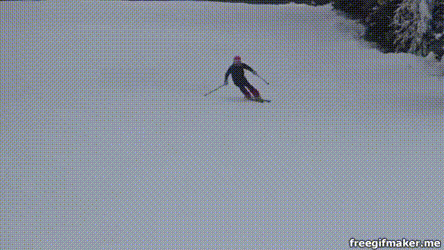Learning styles don't work
Subscribe
Pub
Share
We know about the "learning styles" - the idea some people learn better in different ways, i.e. by reading or by listening or by doing or by seeing... these are called "Auditory" or "Kinestethic" or "Visual" learning styles.
The theory holds that some people learn better in one or other, so information should be conveyed to that person in his or her own preferred way.
The myth
There's been significant research into this subject lately and it turns out that the learning styles theory is a myth. One way to think about it is that people don't just get information better in only one way... it's mostly related to the type of information... music will always be mostly auditory and shapes will always be mostly visual etc.
There are a few articles below, bottom line being:
Except for years, the evidence has been mounting that a curriculum tailored toward a specific learning style isn't any more effective than just, well, teaching.
The idea is that
"The evidence is a great big zero" for learning styles, Pashler says. Given that, "it's kind of astonishing that people would pursue this notion."
Here's the link to one of the studies: Coffield - learning styles
Also, this is a good intro:
So, is it useless?
No, not really. The fact that there are multiple ways to convey information is a good one to remember, but that doesn't make them a "learning style". Skiers will need to do it above all and you must insist they do it right!
The only real take away from the "learning styles" is that a good coach will use multiple methods to get information across - but not many will take their boots off at the side of the slope to show inversion and eversion for instance, so the visual part is usually just "do like this" and "follow me" which automatically limit understanding to the level of skill of that particular instructor. The auditory part is also limiting it to the level of understanding of the instructor...
Mental models
Having detailed and well developed mental models is the biggest difference between expert and top performers and the middle of the pack, based on modern research in psychology.1
If one really wants to improve the coaching, it is very helpful to work to increase one's knowledge, increase one's skill and then focus instead on creating multiple mental models (we created this entire website for that purpose), create the right mental models, at the right level of detail - that is based in modern psychology research.
Creating the proper mental models is very important. These must contain cues to allow self-coaching and vivid images.
Decision training
A good approach is based on decision training - especially modelling and feedback as well as questioning.
These are most effective in creating learning, much more so than focusing on learning styles - decision training gives the student the tools to self-coach as well, so improvement over time is more consistent.
More reading:
- Decision training vs behavior training in alpine skiing
- Inefficient mental models
- Basic mental skills for ski racing
- Developing good mental models for ski racing
- Knowticing
- Ideokinesis
- Using Vivid Images
References:
- Peak - How to Master Almost Anything1
- Everything You've Ever Been Told About How You Learn Is A Lie
- Learning Myths Vs. Learning Facts -Coffield - learning styles
See more in: carving-blog Subscribe You need to log in to post a comment!
